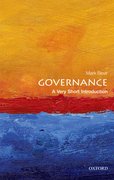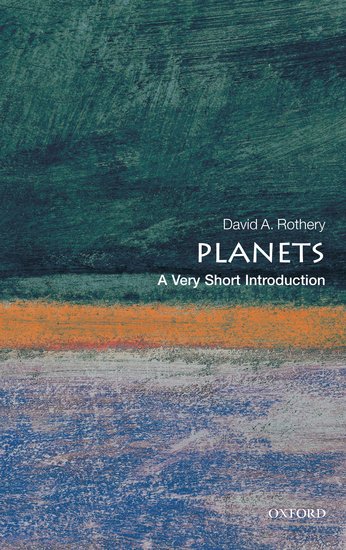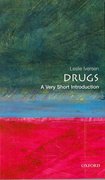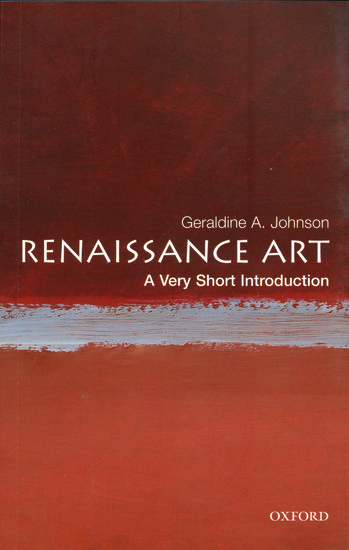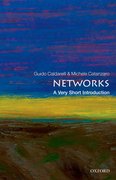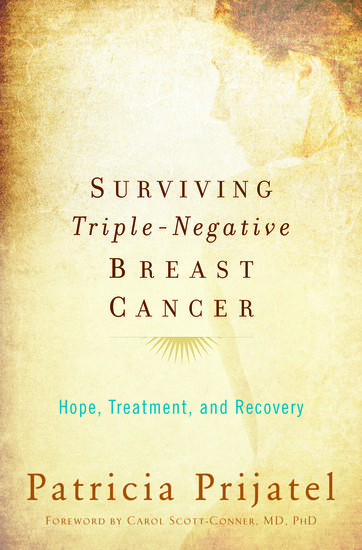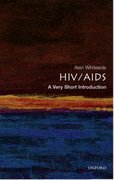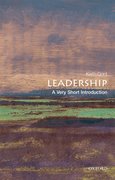By Andrew Scull
Fights over how to define and diagnose mental illness are scarcely a novel feature of the psychiatric landscape, but their most recent manifestation has some unusual features. For more than a decade now, the American Psychiatric Association has been preparing a new edition of its Diagnostic and Statistical Manual (DSM), the fifth (or by some counts the seventh) edition of that extraordinary tome, each incarnation weightier than the last. Over the past two years, however, major attacks have been launched on the enterprise, replete with allegations that the new edition shows signs of being built on hasty and unscientific foundations

